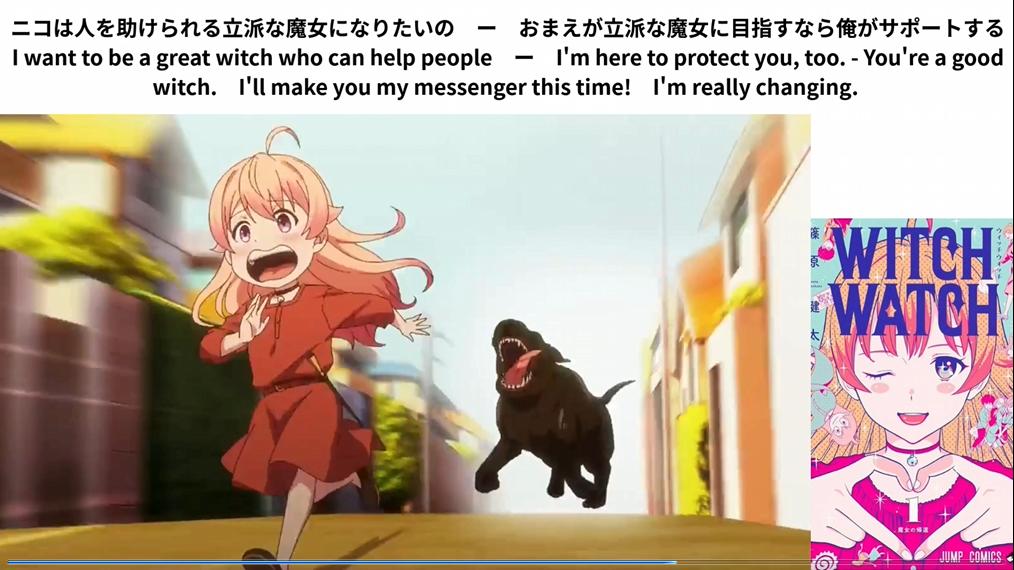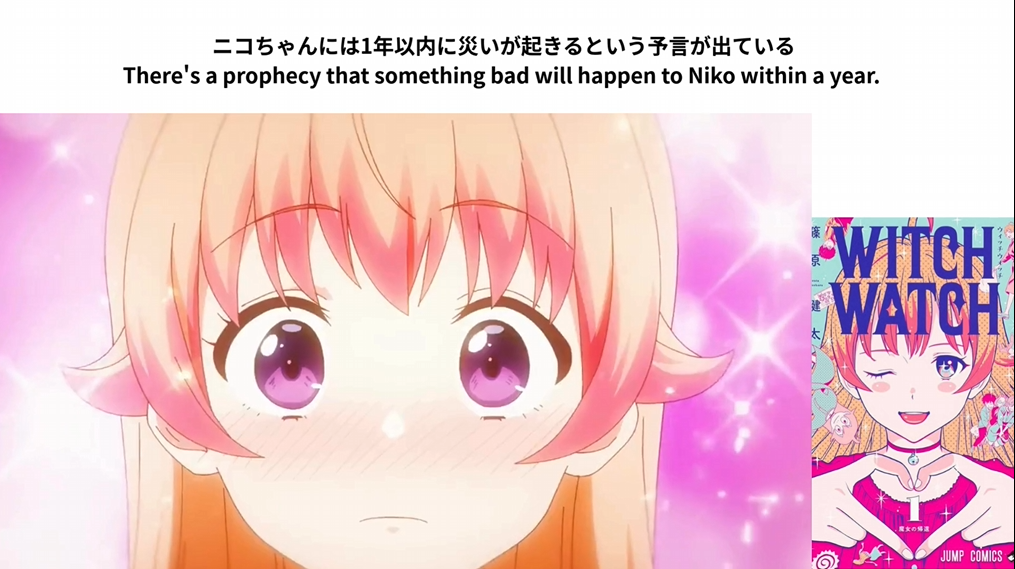Today's lesson is vocabulary and grammar explanation. After giving basic level vocabulary and advanced level vocabulary, I will give you a brief grammar explanation.
Standard Level Vocabulary 1:00~
Click on a word to open the dictionary.
| vocabulary | hiragana | pronunciation | meaning | POS |
|---|---|---|---|---|
| 人 | ひと | hito | person | noun |
| 助ける | たすける | tasukeru | to help, to save | verb (ichidan) |
| なる | なる | naru | to become | verb (godan) |
| する | する | suru | to do | irregular verb |
| 守る | まもる | mamoru | to protect, to defend | verb (godan) |
| 来る | くる | kuru | to come | irregular verb |
| 今度 | こんど | kondo | this time, next time | noun/adverb |
| 私 | わたし | watashi | I, me | pronoun |
| 年 | とし | toshi | year, age | noun |
| 起きる | おきる | okiru | to get up, to happen | verb (ichidan) |
| 出る | でる | deru | to leave, to go out | verb (ichidan) |
| 大丈夫 | だいじょうぶ | daijoubu | all right, okay | na-adjective |
| 食べる | たべる | taberu | to eat | verb (ichidan) |
| そう | そう | sō | so, like that | adverb |
Advanced Level Vocabulary 1:00~
Click on a word to open the dictionary.
| vocabulary | hiragana | pronunciation | meaning | POS |
|---|---|---|---|---|
| 立派 | りっぱ | rippa | splendid, admirable | na-adjective |
| 魔女 | まじょ | majo | witch | noun |
| 守る | まもる | mamoru | to protect | verb (godan) |
| 災い | わざわい | wazawai | calamity, disaster | noun |
| 予言 | よげん | yogen | prophecy, prediction | noun |
| 回復 | かいふく | kaifuku | recovery, restoration | noun / する-verb |
Grammar Explanation
Study the important grammar in the video!
4. ~なら (Conditional, if)

Meaning: If it’s... / As for...
Explanation:
「なら」 shows a condition based on the topic mentioned. It’s often used to give suggestions or reactions to something already mentioned.
Structure:
Noun/Verb/Adj (plain form) + なら
Examples:
日本に行くなら、京都に行ったほうがいいよ。
If you go to Japan, you should visit Kyoto.
彼なら知っているかも。
If it’s him, he might know.
Note:
- 「なら」 is used when reacting to known or assumed information.
- It doesn’t always mean “if” in the future—it depends on context.
5. ~という (Modifier form)

Meaning: Called / That (someone said, heard, etc.)
Explanation:
「という」 is used to explain or describe a name, phrase, or concept. It can also show what someone says or thinks.
Structure:
Noun + という + Noun
Examples:
「ありがとう」という言葉を知っていますか?
Do you know the word “arigatou”?
田中さんという人が来ました。
A person called Tanaka came.
Note:
- Can describe names, quotes, or explanations.
- It’s often used when explaining unfamiliar terms or identifying something.